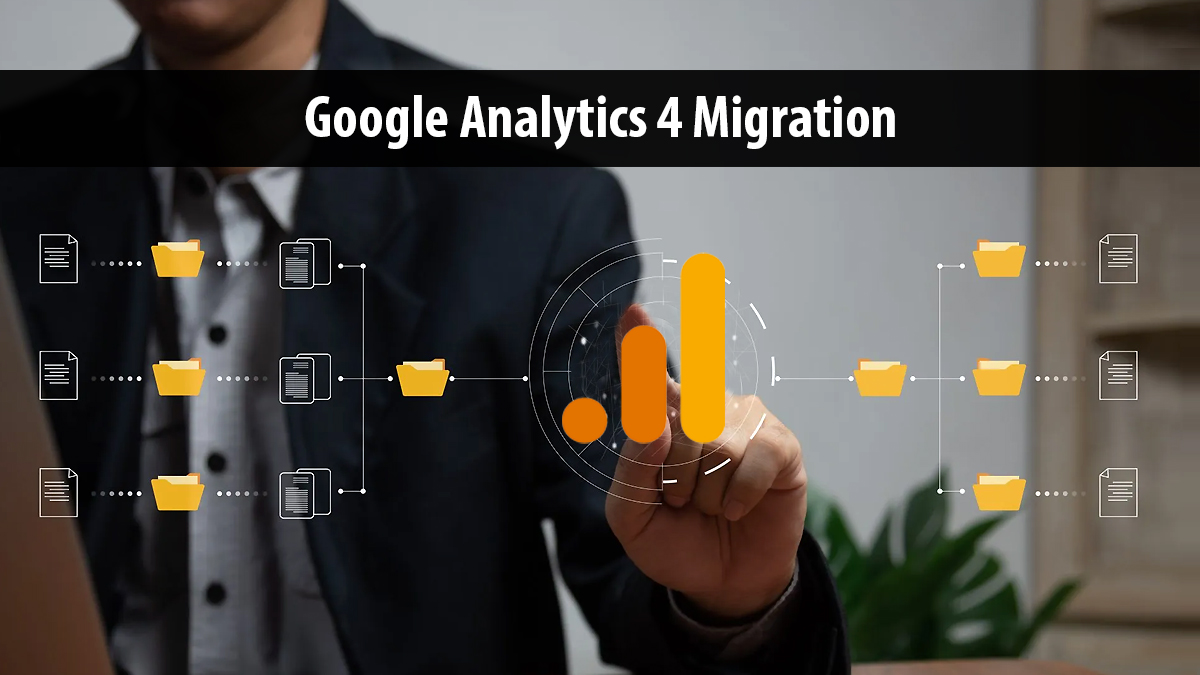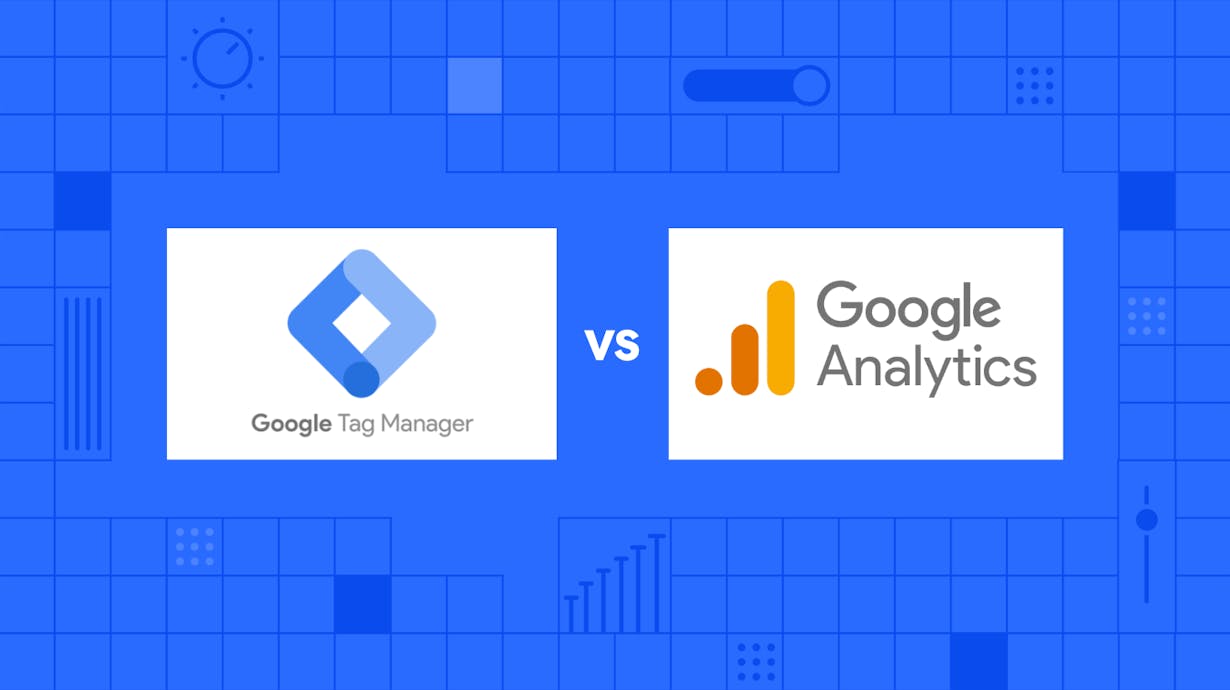Raising Your Online Visibility With Advanced Google Analytics Techniques
In the substantial landscape of on the internet presence monitoring, the capacity to navigate and harness the power of advanced Google Analytics strategies can substantially impact the success of a digital endeavor. As the electronic realm advances, the need for innovative data evaluation becomes vital in comprehending customer behavior and maximizing on the internet performance. By including advanced Google Analytics methods, companies can get deeper understandings, make educated decisions, and eventually improve their online presence. The world of possibilities that these methods offer is huge, guaranteeing a realm of untapped capacity for those ready to check out beyond the basics.
Establishing Advanced Google Analytics
For a comprehensive understanding of Advanced Google Analytics, the first action entails establishing up the system with precision and interest to detail. Setting up Advanced Google Analytics calls for a structured approach to make certain exact information collection and informative reporting. Begin by producing a Google Analytics account and property for the site or app that requires tracking.
In addition, establishing innovative features such as custom dimensions, event tracking, and boosted ecommerce requires a deeper understanding of the platform. Personalizing records with sectors and dashboards permits tailored evaluation based on certain metrics or customer habits. Consistently reviewing and enhancing the setup guarantees that Advanced Google Analytics functions efficiently in providing beneficial understandings for optimizing online performance.
Making Use Of Custom Reports for Insights
Upon establishing a durable foundation by setting up Advanced Google Analytics effectively, the following action includes harnessing the power of custom-made records to gain useful insights into website or app efficiency. Customized reports use a customized view of information that is details to the metrics and measurements important to your business objectives. By utilizing custom records, you can evaluate user behavior, track conversion rates, and check the success of advertising and marketing campaigns in even more detail than typical reports enable.
Producing personalized reports in Google Analytics entails picking the metrics and dimensions that align with your essential efficiency indications (KPIs) This modification allows you to concentrate on one of the most pertinent data for your evaluation, causing more workable understandings. Furthermore, custom-made reports can be arranged for regular delivery by means of email, making sure that stakeholders stay informed without needing to log right into the analytics platform routinely.
Leveraging Boosted Ecommerce Monitoring
Implementing Enhanced Ecommerce Monitoring enables companies to dive much deeper into on-line customer behavior and optimize their sales approaches with comprehensive understandings. This sophisticated function in Google Analytics uses a detailed view of the whole customer trip, from the first interaction use this link to the final acquisition. By tracking details actions such as item sights, adding things to the cart, and completing deals, businesses can analyze the performance of their on the internet store and make data-driven decisions to improve the general purchasing experience.

Applying Advanced Division Strategies
Checking out innovative segmentation methods in Google Analytics can dramatically improve the depth of insights organizations gain from their information analysis efforts. By executing innovative division techniques, organizations can efficiently isolate and assess certain parts of information to reveal beneficial patterns and fads. This approach permits an extra granular understanding of user actions, enabling organizations to make data-driven choices with precision.

Furthermore, behavior segmentation can be made use of to group individuals based upon their activities on the site, such as pages went to or items bought. This segmentation method gives understandings right into individual involvement and conversion courses, helping businesses maximize their online existence for better performance.
Maximizing With A/B Checking and Experiments

Experiments in Google Analytics allow services to examine adjustments to their internet sites or applications in a regulated atmosphere. By integrating A/B screening and experiments with sophisticated segmentation techniques, companies can refine their online presence, maximize individual experiences, and drive meaningful outcomes based on strong data analysis.
Conclusion
To conclude, carrying out sophisticated Google Analytics methods can significantly improve your on the navigate to this website internet visibility. By establishing custom-made reports, utilizing boosted ecommerce monitoring, carrying out division strategies, and maximizing with A/B screening, you can gain valuable insights and improve your site performance. These sophisticated techniques enable you to make data-driven choices and far better recognize your audience, inevitably causing a more effective on the internet presence.
In the substantial landscape of on the internet presence monitoring, the capability to navigate and harness the power of advanced Google Analytics approaches can considerably influence the success of a digital venture. By including innovative Google Analytics methods, organizations can acquire much deeper insights, make educated choices, and eventually enhance their on the internet visibility.Exploring innovative division techniques in Google Analytics can dramatically enhance the deepness of understandings businesses gain from their data evaluation efforts.By leveraging the insights got from innovative segmentation methods in Google Analytics, organizations can further improve their Going Here information evaluation efforts through the critical utilization of A/B testing and experiments for optimization functions.In final thought, applying advanced Google Analytics techniques can substantially boost your on-line presence.
Comments on “Understanding What Is Not Considered a Source in Google Analytics by Default”